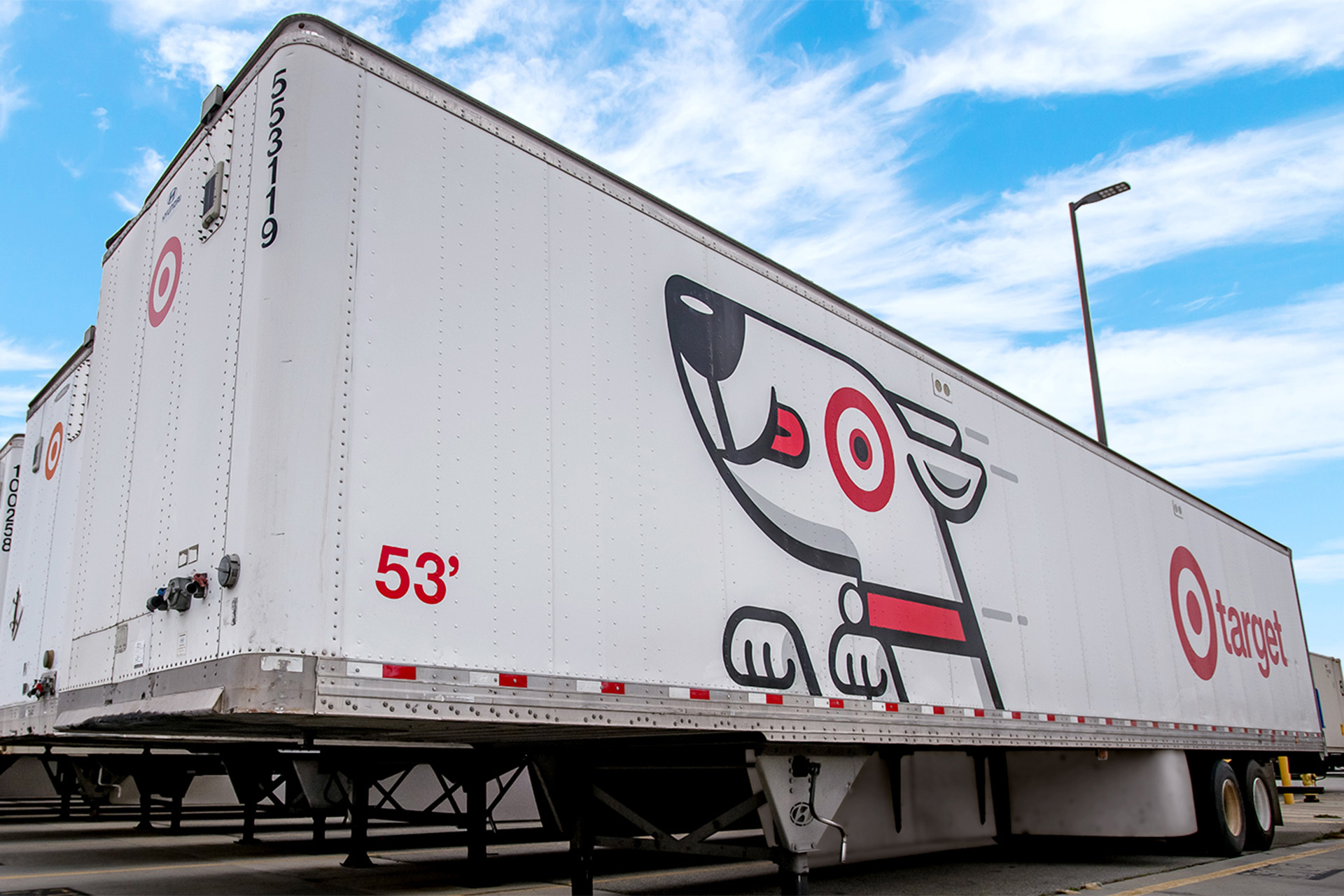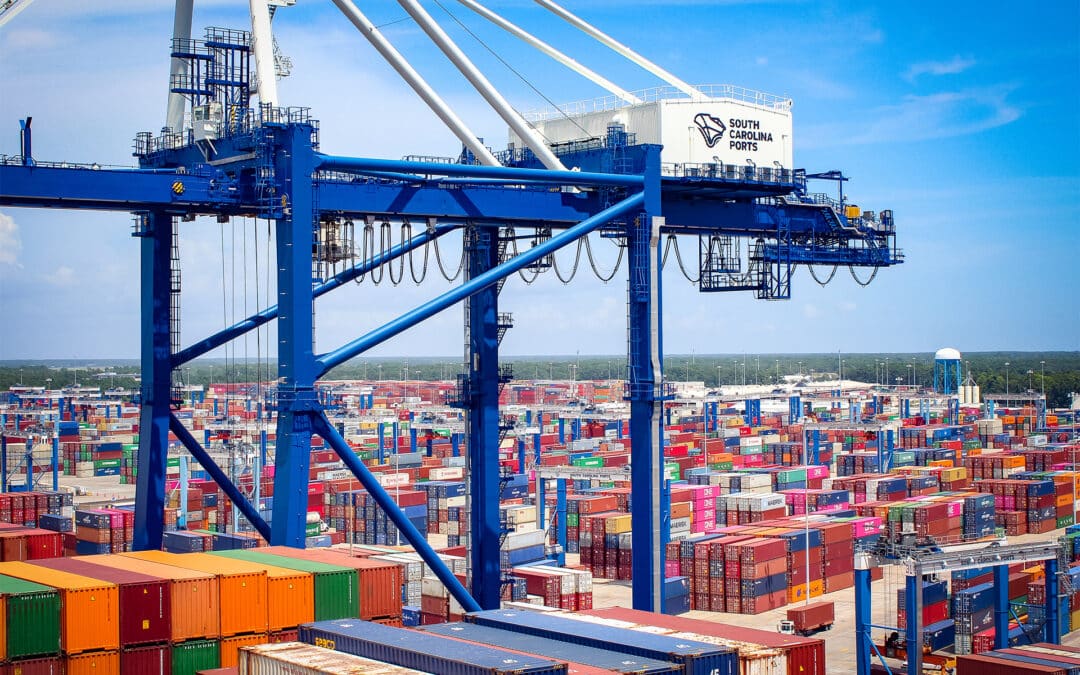With the holiday season barreling down, Target Corp. has launched a new lifestyle collection with the LEGO Group including a colorful assortment of home goods, apparel, accessories, pet, toys and gift items, even as it detailed how it will address supply chain issues going forward through year’s end.
On the logistics side, Target expanded on its earlier revelations about supply chain initiatives. The retailer said its supply chain and inventory teams have been moving products quickly from overseas to ports in the United States, then to its supply chain facilities and stores, managing to build inventory up substantially over the same time last year. The company indicated that it is leaning on supply chain investments in operations and its stores-as-fulfillment hubs model bolstered by technology that is helping restock stores with speed and precision. The company also has been adding supply chain facilities, including two new distribution centers this year, to flow more inventory to stores faster, it pointed out, as well as launching four new sortation centers to move orders from stores to guests with greater speed. To ensure the facilities are used effectively, Target asserted it is hiring more than 30,000 year-round supply chain employees to boost its distribution workforce.
Target imports comprise less than 3% of container volume in the U.S., the company noted, but it’s operating in ways that help reduce overall supply chain congestion. Target has been running 24/7 supply chain operations for years, including at the ports, it maintained, which allows the company to pick up containers in less than 24 hours, clearing the way for other freight. And at the nation’s largest port district in Los Angeles and Long Beach, Target currently is moving about half of its containers at night while committing to increasing that amount by 10% over the next 90 days to help clear up the ports and ensure its total supply chain continues running effectively.
In addition, Target has joined the White House Supply Chain Disruptions Task Force and the National Shipper Advisory Committee at the Federal Maritime Commission to support holistic solutions for the U.S. supply chain as discussions about the global goods movement continue.





